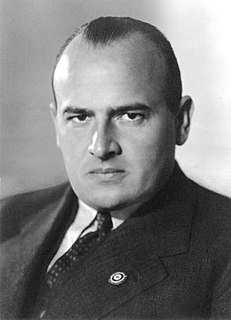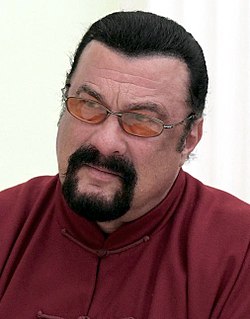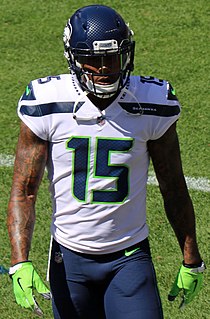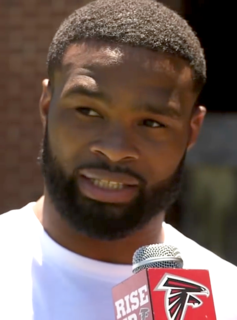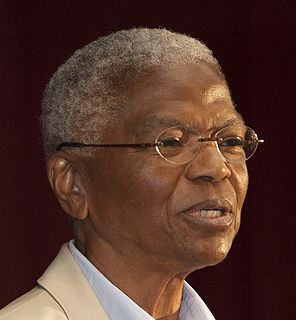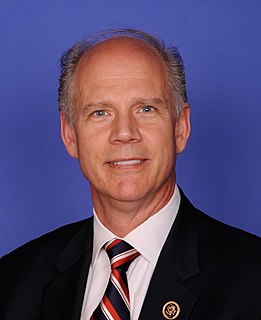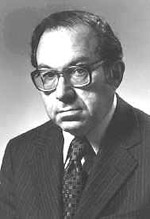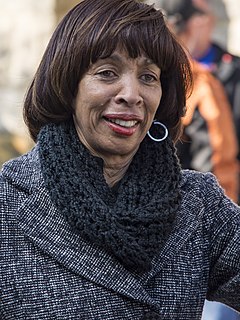A Quote by Hans Frank
The police officers, so far as discipline, organization, pay, and orders were concerned, came exclusively under the German Reich police system and were in no way connected with the administration of the Government General.
Related Quotes
Exposing police lying is difficult largely because it is rare for the police to admit their own lies or to acknowledge the lies of other officers. This reluctance derives partly from the code of silence that governs police practice and from the ways in which the system of mass incarceration is structured to reward dishonesty.
You're not going to have the police force representing the black and brown community, if they've spent the last 30 years busting every son and daughter and father and mother for every piddling drug offense that they've ever done, thus creating a mistrust in the community. But at the same time, you should be able to talk about abuses of power, and you should be able to talk about police brutality and what, in some cases, is as far as I'm concerned, outright murder and outright loss of justice without the police organization targeting you in the way that they have done me.
Many White people are not sensitive to the kind of abuse that African Americans, especially younger African Americans, receive at the hands of police officers and police departments. I think for most Whites their experience with the police has been good or neutral because they don't interact with the police as much as those in the Black community.
As the Nazi regime developed over the years, the whole structure of decision-making was changed. At first there were laws. Then there were decrees implementing laws. Then a law was made saying, ‘There shall be no laws.’ Then there were orders and directives that were written down, but still published in ministerial gazettes. Then there was government by announcement; orders appeared in newspapers. Then there were the quiet orders, the orders that were not published, that were within the bureaucracy, that were oral. And finally, there were no orders at all. Everybody knew what he had to do.
For me to come in as the mayor already recognizing some of the problems that we were facing and also having put some of those reforms in place, I recognize what the advocates were talking about. I also recognize what the police department`s concerns were and what the community in general was concerned about.
Police officers today are a protected class, one no politician wants to oppose. Law enforcement interests may occasionally come up short on budgetary issues, but legislatures rarely if ever pass new laws to hold police more accountable, to restrict their powers, or to make them more transparent. In short, police today embody all of the threats the Founders feared were posed by standing armies, plus a few additional ones they couldn't have anticipated.
